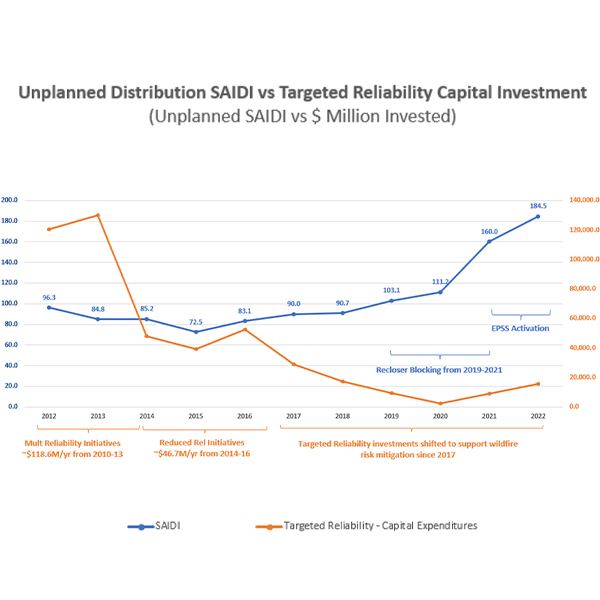MISO told stakeholders Tuesday that it hasn’t yet settled on a deadline for developers to submit generation project applications for the 2023 interconnection queue cycle.
Ryan Westphal, manager of generation interconnection, said during an Interconnection Process Working Group (IPWG) teleconference that staff will announce a finalized date during a future IPWG meeting.
Multiple stakeholders asked whether MISO is considering embedding some feasibility checks earlier in the process. Entergy’s Yarrow Etheredge said reforming the application process would give stakeholders more certainty on the number of viable projects, given the sheer amount of generation that entered the 2022 cycle. MISO fielded more than 170 GW of new generation requests last year. (See MISO Insists it can Handle Record-setting Interconnection Queue.)
“Obviously we have more generation in the queue than we have load,” Etheredge said
Westphal said MISO is considering some application process changes but isn’t ready to share proposals.
The RTO has been accepting queue requests since last fall.
Stakeholders are asking the grid operator to clear up its transmission service-request process for incoming battery storage that charges from the grid. They said inconsistencies and ambiguous language exist between MISO’s business practice manuals and tariff as to whether battery storage needs to secure yearly, firm point-to-point transmission service or non-firm service. Staff maintain that storage charging from the grid is required to obtain long-term, point-to-point service.
WEC Energy Group’s Chris Plante raised the issue earlier this year, saying he thought the business practice manuals are light on authority when standalone battery storage connects to the transmission system and intends to charge from the grid.
MISO said it is also hoping to introduce a new relative queue priority with PJM to study proposed generation projects near the seams for potential effects that might require transmission upgrades in each footprint. Westphal said the RTO wants to use a process like the one it rolled out last year with SPP, in which it uses a first-ready, first-served philosophy. Staff first study projects that are best prepared for interconnection, rather than according to the order in which they entered the queue. (See FERC OKs New Queue Priority for MISO, SPP Seams Studies.)




